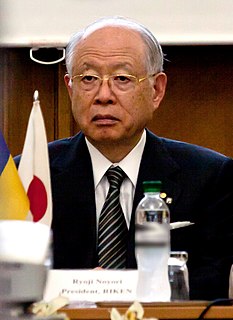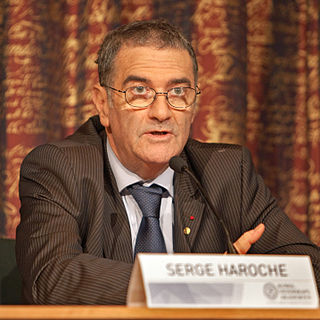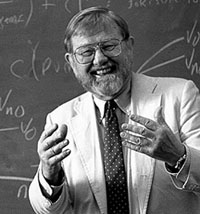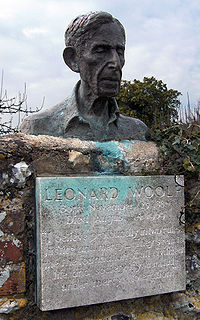A Quote by Klaus Schwab
For centuries, economic thinkers, from Adam Smith to John Maynard Keynes, have tried to identify the elusive formula that makes some countries more prosperous and successful than others. My curiosity about this topic spurred me, as a young professor of economics in the late 1970s, to research new ways of measuring national competitiveness.
Related Quotes
The idea of confidence, of the emotions of the population, is an incredibly important one in economics. John Maynard Keynes called it 'animal spirit.' And if people are feeling generally good about the future, they're more likely to spend money, to start new companies; companies are more likely to hire people, make investments.
Fascism entirely agrees with Mr. Maynard Keynes, despite the latter's prominent position as a Liberal. In fact, Mr. Keynes' excellent little book, The End of Laissez-Faire (1926) might, so far as it goes, serve as a useful introduction to fascist economics. There is scarcely anything to object to in it and there is much to applaud.
Where did Keynes stand on overt fascism? From the scattered information now available, it should come as no surprise that Keynes was an enthusiastic advocate of the 'enterprising spirit' of Sir Oswald Mosley, the founder and leader of British fascism, in calling for a comprehensive 'national economic plan' in late 1930.
Wicksell's old-fashioned liberalism is reminiscent of John Maynard Keynes' attitude toward conscription during World War I. Keynes opposed conscription, but he was not a pacifist. He opposed conscription because it deprived the citizen of the right to decide for himself whether or not to join in the fight. Keynes was exempt as a civil servant from conscription; so there is no need to question his sincerity. Apparently his belief in the rights of the individual against a majority of his compatriots was very strong indeed.
One of the most important skills of the economist, therefore, is that of simplification of the model. Two important methods of simplification have been developed by economists. One is the method of partial equilibrium analysis (or microeconomics), generally associated with the name of Alfred Marshall and the other is the method of aggregation (or macro-economics), associated with the name of John Maynard Keynes.
I am concerned about epistemic normativity, and I don't think that it is just a hangover from a priori and armchair approaches. Some ways of forming beliefs are better than others, and epistemologists of all stripes, I believe, have a legitimate interest in addressing the issue of what makes some of these ways better than others.
I don't think that much change comes from economists. I think it comes more from political realities. Probably the two giants of the 20th century, who actually did shift government policy in the U.S. and around the world, were John Maynard Keynes and Milton Friedman. I don't see anybody in our system who is at that level of influence.
In the model that we grew up with, governments rule physical territory in which national economies function, and strong economies support hegemonic military power. In the new model, already emerging under our noses, economic decisions don't pay much attention to national sovereignty in a world where more than half of the one hundred or two hundred largest economic entities are not countries but companies.


































